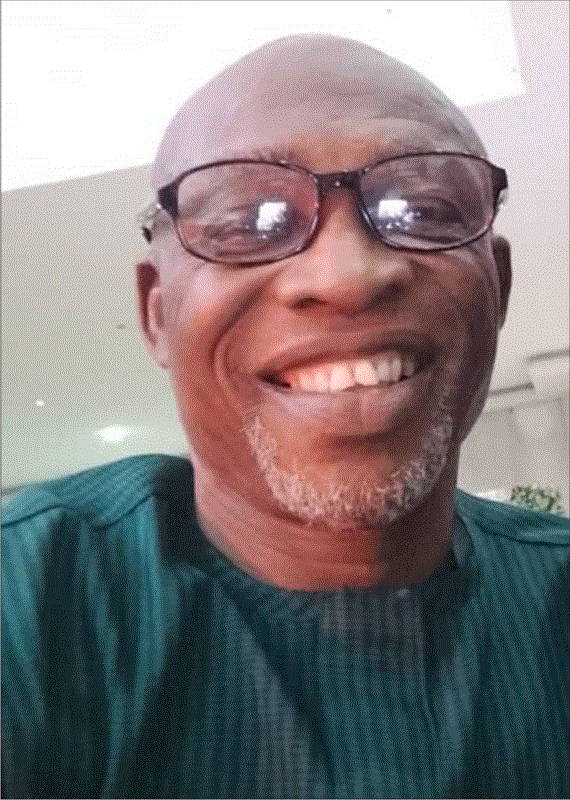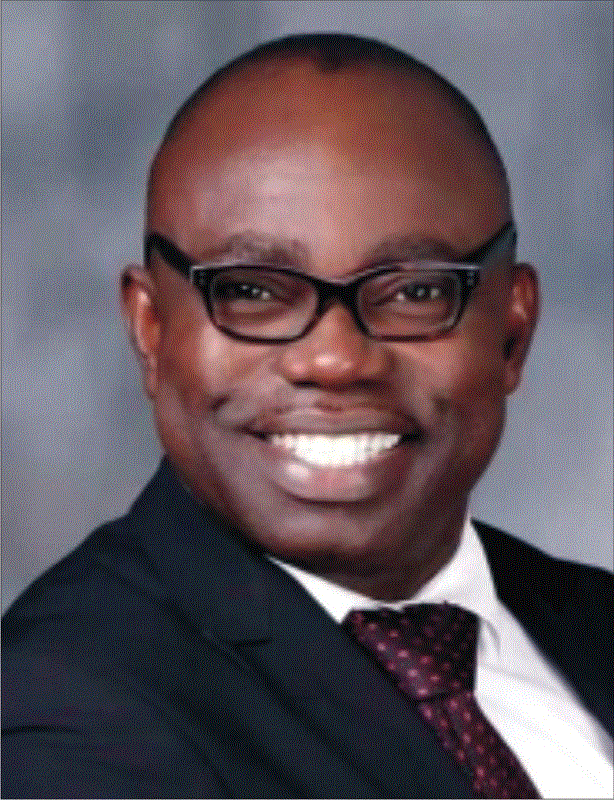Wanted: More Civility
By Nimi Walson-Jack
We have a Civility problem in Nigeria. Yes, there is a dearth of formal politeness, courtesy in behaviour or speech, good manners, and respect. We have more to learn about disagreeing without disrespect, seeking common ground as a starting point for dialogue about differences, listening past one’s preconceptions, and teaching others to do the same.
Incivility prevails and is rewarded in our networking on social media, blogs, and politics. There is lack of polite conversation, and decency in expression when we are disrespectful, abusive, insulting, aggressive, antagonistic, threatening and get into fights with persons who hold contrary views to ours. Some of us hold strong opinions about topics, particularly political issues, which initially is a behaviour to be proud of. But if we intimidate and obstruct people who have legitimate things to say that we do not want to hear, they become afraid to speak up. The fact that all these happen for the flimsiest of reasons deprive the Social Media of the attribute of a civil space it is meant to be.
The social media may not be the cause, but it certainly mirrors and exposes the high level of incivility in our Society. A mix of loss of values, discontent, partisan politics, and intolerance have eroded the state of public discourse, thereby exacerbating incivility on Social Media.
Civility is necessary for facilitating Civil discourse, which is a key to a healthy democracy. Public Discourse comes with encountering views that are potentially dangerous, disruptive, and hostile to our own – indeed, views that we think nobody should hold because they are so mistaken and pernicious in their consequences. The idea that we ought to be willing to expose ourselves to deeply hostile views, which we really do not want to hear, is not one to be taken for granted. Staying focused, even with those with whom we have deep-rooted and fierce disagreements, is the hard work of civility that must be constructed and nurtured.
At its core, civility requires respectful engagement: a willingness to consider other views and place them in the framework of history, philosophy, and life experiences. We must talk and listen to each other with enough respect for the conversation to continue. Indeed, a central idea of democracy is that the conversation ought to be able to continue.
Conscious effort must be made to learn and practice civility in our writing and speaking, whether at work, in politics or on social media. Each of us must be a laboratory of civility – active listening, tolerance, and the importance of claiming one’s own needs without degrading the needs of others. We must do a good job of teaching or learning how to engage in a civil debate or of convincing others to agree with us through reason and logic. This would create a model and set the tone for the present and next generation to experience, adopt and practice.
Public Education Works Initiative (PEWI) is committed to educating the public about the role of law in society, including issues of civility and free expression within our constitutional democracy. PEWI stands ready to support citizens and institutions by working to provide citizens at large with the necessary knowledge of respect and civility skill set to enable each person to identify and practice civility and expect it in return. We remain optimistic that Nigerians would rise above uncivil behaviour on social media, in politics, our workplaces and engage in less divisive discourse in every aspect of our lives.
What we teach, and practice can bring a greater civility to our homes, communities, and our nation.
Hon. Nimi Walson-Jack is Executive Director, Public Education Works Initiative




